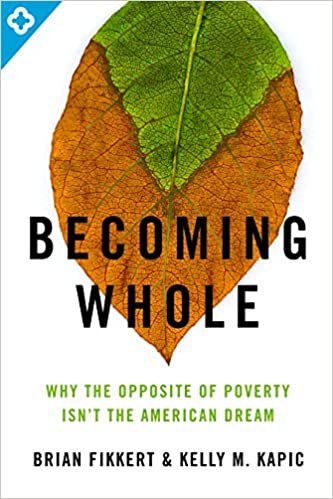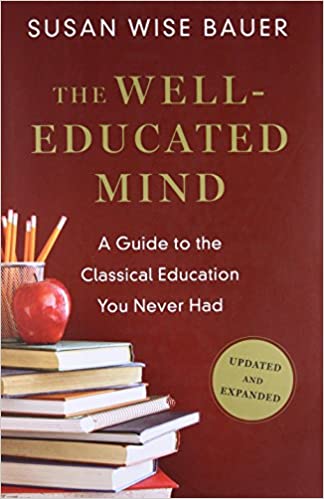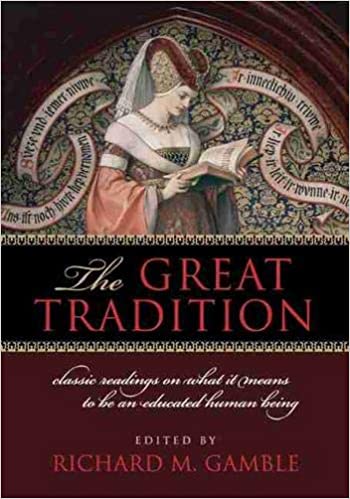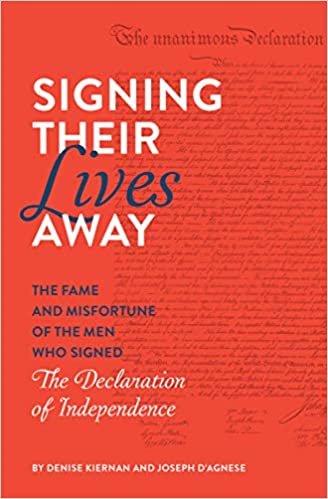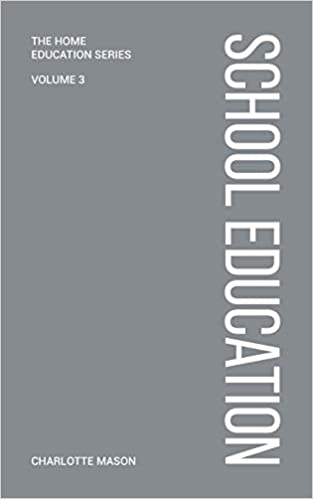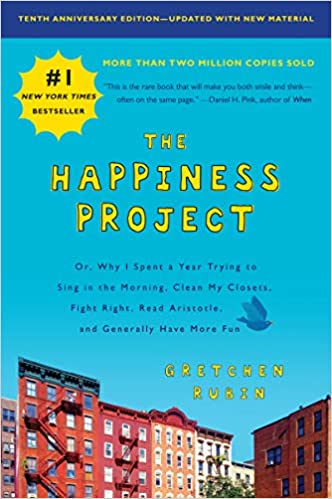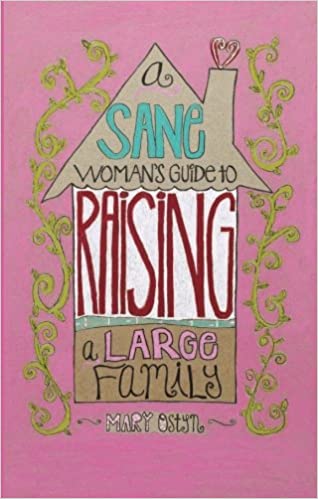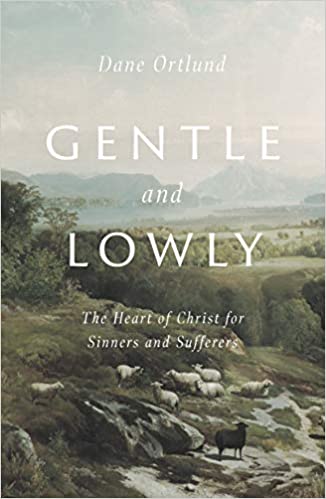Non-Fiction
Range: Why Generalists Triumph in a Specialized World
Plenty of experts argue that anyone who wants to develop a skill, play an instrument, or lead their field should start early, focus intensely, and rack up as many hours of deliberate practice as possible. If you dabble or delay, you’ll never catch up to the people who got a head start. But a closer look at research on the world’s top performers, from professional athletes to Nobel laureates, shows that early specialization is the exception, not the rule.
David Epstein examined the world’s most successful athletes, artists, musicians, inventors, forecasters and scientists. He discovered that in most fields—especially those that are complex and unpredictable—generalists, not specialists, are primed to excel. Generalists often find their path late, and they juggle many interests rather than focusing on one. They’re also more creative, more agile, and able to make connections their more specialized peers can’t see.
Provocative, rigorous, and engrossing, Range makes a compelling case for actively cultivating inefficiency. Failing a test is the best way to learn. Frequent quitters end up with the most fulfilling careers. The most impactful inventors cross domains rather than deepening their knowledge in a single area. As experts silo themselves further while computers master more of the skills once reserved for highly focused humans, people who think broadly and embrace diverse experiences and perspectives will increasingly thrive.
More info →Becoming Whole: Why the Opposite of Poverty Isn’t the American Dream
Western Civilization is wealthier, but it isn’t happier.
We are the richest people ever to walk the face of the earth, but according to research, we aren’t becoming happier. Families and communities are increasingly fragmented, loneliness is skyrocketing, and physical and mental health are on the decline. Our unprecedented wealth doesn’t seem to be doing us much good.
Yet, when we try to help poor people at home or abroad, our implicit assumption is that the goal is to help them to become like us. "If they would just do things our way, they’d be fine!"
But even when they seem to pursue our path, they too find that the American Dream doesn’t work for them. What if we have the wrong idea altogether? What if the molds we are using to help poor people don’t actually fit any of us? What if the goal isn’t to turn other countries into the United States or to turn America’s impoverished communities into its affluent suburbs?
In Becoming Whole (building on the best-selling When Helping Hurts), Brian Fikkert and Kelly M. Kapic look at the true sources of brokenness and poverty and uncover the surprising pathways to human flourishing, for poor and non-poor alike. Exposing the misconceptions of both Western Civilization and the Western church about the nature of God, human beings, and the world, they redefine success and offer new ways of achieving that success. Through biblical insights, scientific research, and practical experience, they show you how the good news of the kingdom of God reshapes our lives and our poverty alleviation ministries, moving everybody involved towards wholeness.
More info →The Well-Educated Mind: A Guide to the Classical Education You Never Had
The enduring and engaging guide to educating yourself in the classical tradition.
Have you lost the art of reading for pleasure? Are there books you know you should read but haven’t because they seem too daunting? In The Well-Educated Mind, Susan Wise Bauer provides a welcome and encouraging antidote to the distractions of our age, electronic and otherwise.
Newly expanded and updated to include standout works from the twenty-first century as well as essential readings in science (from the earliest works of Hippocrates to the discovery of the asteroid that killed the dinosaurs), The Well-Educated Mind offers brief, entertaining histories of six literary genres―fiction, autobiography, history, drama, poetry, and science―accompanied by detailed instructions on how to read each type. The annotated lists at the end of each chapter―ranging from Cervantes to Cormac McCarthy, Herodotus to Laurel Thatcher Ulrich, Aristotle to Stephen Hawking―preview recommended reading and encourage readers to make vital connections between ancient traditions and contemporary writing.
The Well-Educated Mind reassures those readers who worry that they read too slowly or with below-average comprehension. If you can understand a daily newspaper, there’s no reason you can’t read and enjoy Shakespeare’s sonnets or Jane Eyre. But no one should attempt to read the “Great Books” without a guide and a plan. Bauer will show you how to allocate time to reading on a regular basis; how to master difficult arguments; how to make personal and literary judgments about what you read; how to appreciate the resonant links among texts within a genre―what does Anna Karenina owe to Madame Bovary?―and also between genres.
More info →The Rhetoric Companion: A Student’s Guide to Power in Persuasion
For the Christian student of rhetoric, manipulative sophistry is clearly out of bounds. But putting careful thought into what constitutes eloquent speech and persuasive argument is not. What many people dismiss as a bunch of rhetoric is simply poor rhetoric. There is a Christian approach to the craft of memorable and effective expression, and it is the task of this book to lay out that approach.
More info →God in the Dock: Essays on Theology and Ethics
God in the Dock contains forty-eight essays and twelve letters written by Lewis between 1940 and 1963. Ranging from popular newspaper articles to learned defenses of the faith, these pieces cover topics as varied as the logic of theism, good and evil, miracles, the role of women in the church, and ethics and politics. Many represent Lewis's first ventures into themes he would later treat in full-length books.
More info →The Great Tradition: Classic Readings on What It Means to Be an Educated Human Being
Frustrated with the continuing educational crisis of our time, concerned parents, teachers, and students sense that true reform requires more than innovative classroom technology, standardized tests, or skills training. An older tradition—the Great Tradition—of education in the West is waiting to be heard. Since antiquity, the Great Tradition has defined education first and foremost as the hard work of rightly ordering the human soul, helping it to love what it ought to love, and helping it to know itself and its maker. In the classical and Christian tradition, the formation of the soul in wisdom, virtue, and eloquence took precedence over all else, including instrumental training aimed at the inculcation of "useful" knowledge.
Edited by historian Richard Gamble, this anthology reconstructs a centuries-long conversation about the goals, conditions, and ultimate value of true education. Spanning more than two millennia, from the ancient Greeks to contemporary writers, it includes substantial excerpts from more than sixty seminal writings on education. Represented here are the wisdom and insight of such figures as Xenophon, Plato, Aristotle, Seneca, Cicero, Basil, Augustine, Hugh of St. Victor, Bonaventure, Thomas Aquinas, Martin Luther, John Calvin, Erasmus, Edmund Burke, John Henry Newman, Thomas Arnold, Albert Jay Nock, Dorothy Sayers, C. S. Lewis, and Eric Voegelin.
More info →Signing Their Lives Away: The Fame and Misfortune of the Men Who Signed the Declaration of Independence
An entertaining and essential collection of stories about the surprising and strange fates of the fifty-six Founding Fathers who signed the Declaration of Independence.
More info →Charlotte Mason’s School Education (Book 3 the of Home Education Series)
After teaching about educating young children (up to the age of nine) in Home Education, Charlotte Mason turns her attention to 9-12 year-olds in School Education. Along with examples of books and exams she instructs us on:– The rights of children– The value of holistic education– How to help your child learn for themselves– How to develop the whole person– The importance of living books in education– How grades and rewards kill curiosity
More info →Orthodoxy
Orthodoxy (1908) is a book by G. K. Chesterton that has become a classic of Christian apologetics. Chesterton considered this book a companion to his other work, Heretics.
In the book's preface Chesterton states the purpose is to "attempt an explanation, not of whether the Christian faith can be believed, but of how he personally has come to believe it." In it, Chesterton presents an original view of Christian religion. He sees it as the answer to natural human needs, the "answer to a riddle" in his own words, and not simply as an arbitrary truth received from somewhere outside the boundaries of human experience.
More info →The Happiness Project: Or, Why I Spent a Year Trying to Sing in the Morning, Clean My Closets, Fight Right, Read Aristotle, and Generally Have More Fun
Gretchen Rubin had an epiphany one rainy afternoon in the unlikeliest of places: a city bus. “The days are long, but the years are short,” she realized. “Time is passing, and I’m not focusing enough on the things that really matter.” In that moment, she decided to dedicate a year to her happiness project.
In this lively and compelling account—now updated with new material by the author—Rubin chronicles her adventures during the twelve months she spent test-driving the wisdom of the ages, current scientific research, and lessons from popular culture about how to be happier. Among other things, she found that novelty and challenge are powerful sources of happiness; that money can help buy happiness, when spent wisely; that outer order contributes to inner calm; and that the very smallest of changes can make the biggest difference.
More info →A Sane Woman’s Guide To Raising A Family
A SANE WOMAN'S GUIDE TO RAISING A LARGE FAMILY is written from the practical, experienced perspective of a mother of ten and has thoughtful, helpful answers to important questions, such as: Can a mother meet the needs of multiple children without drowning in sheer neediness? How can a moderate income stretch to include more children? How can you make space in your home work for you? What are some ideas for handling mountains of laundry? How can you preserve time for yourself and your marriage? How can you manage multiple children and their activities?
More info →Gentle and Lowly: The Heart of Christ for Sinners and Sufferers
Christians know what Jesus Christ has done―but who is he? What is his deepest heart for his people, weary and faltering on their journey toward heaven? Jesus said he is “gentle and lowly in heart.” This book reflects on these words, opening up a neglected yet central truth about who he is for sinners and sufferers today.
More info →

